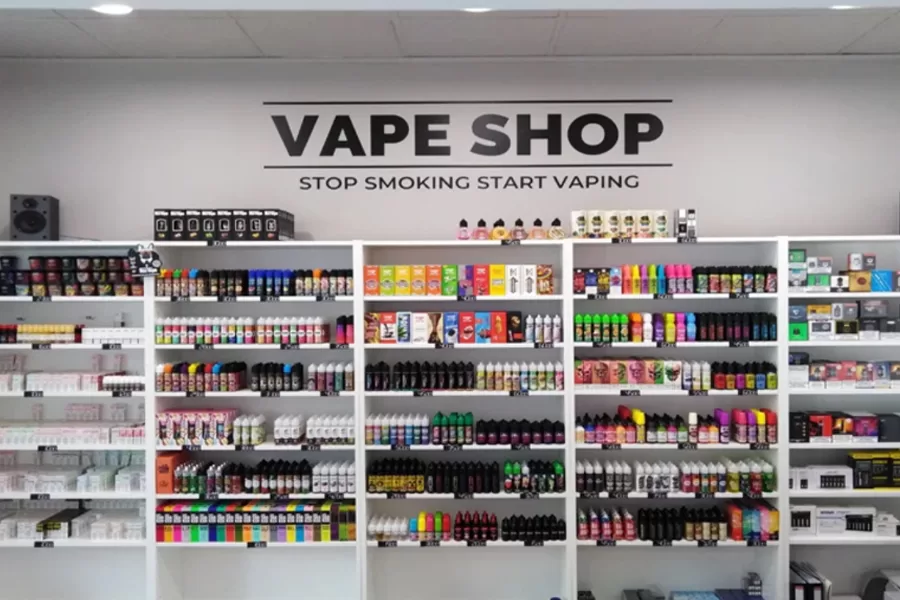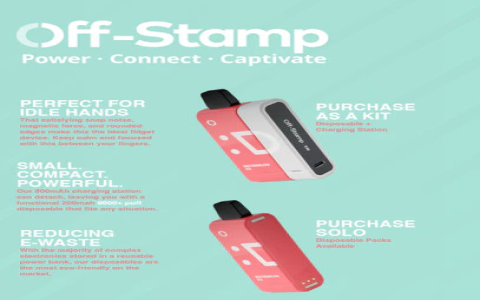The electronic cigarette distribution landscape demands rigorous operational precision and deep regulatory understanding. Here are critical focus areas:
Compliance & Licensing
- FDA Registration is non-negotiable: Distributors must ensure all products are properly listed with the FDA under the Tobacco Control Act.
- PMTA Compliance: Verify every stocked SKU possesses an accepted Premarket Tobacco Application or is under enforcement discretion.
- State & Local Licensing: Secure specific tobacco product distributor licenses; requirements vary drastically by jurisdiction.
- Tax Stamps & Reporting: Meticulously handle federal excise taxes (FET), state excise taxes, and local taxes. Implement robust reporting systems.
Supply Chain & Operations
- Manufacturer Vetting: Partner exclusively with FDA-compliant manufacturers possessing verified quality control and ingredient disclosure.
- Inventory Management: Employ sophisticated systems tracking batch numbers, expiration dates, and specific regulatory status changes.
- Age Verification: Integrate certified, third-party age verification systems into all sales channels, maintaining audit trails.
- Secure Logistics: Utilize carriers experienced in tobacco product regulations and adult signature requirements.
Market Dynamics & Risk Management
- Category Volatility: Stay agile; product bans, flavor restrictions, and taxation shifts occur frequently.
- Insurance Specificity: Secure specialized liability coverage addressing inherent risks of nicotine product distribution.
- Retailer Relationships: Provide retailers not just stock, but clear documentation proving product compliance and updated guidance on legal requirements.
- Flavor & SKU Complexity: Navigate the evolving patchwork of state and local bans on specific flavors and product types.
Success hinges on viewing compliance not as an obligation but as the core operational framework. Regulatory missteps carry severe penalties, including license revocation.








